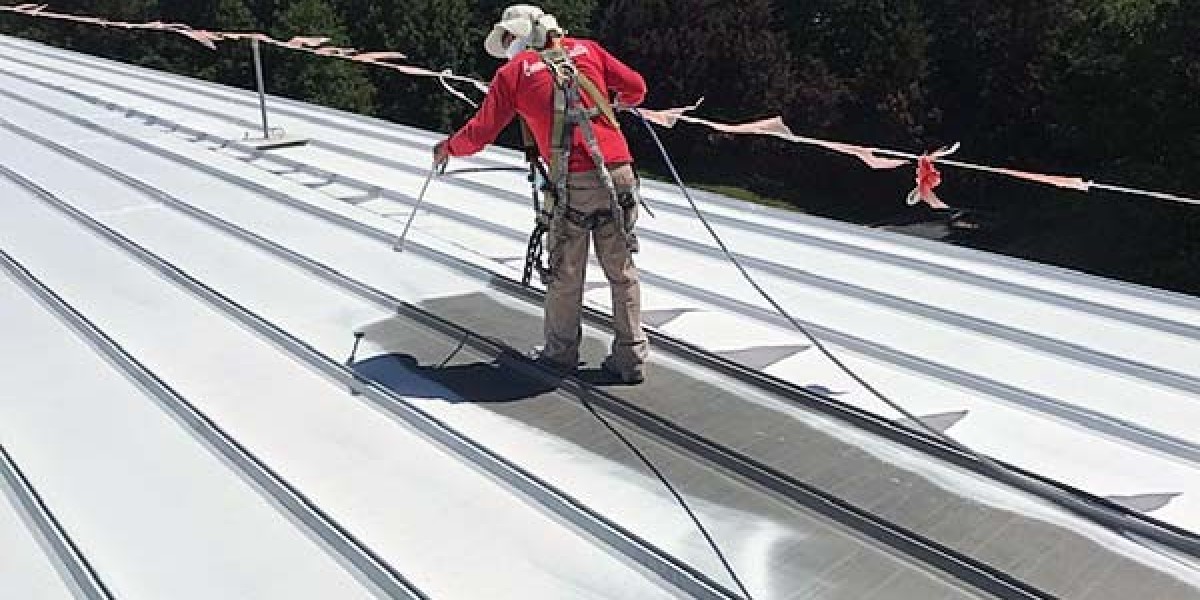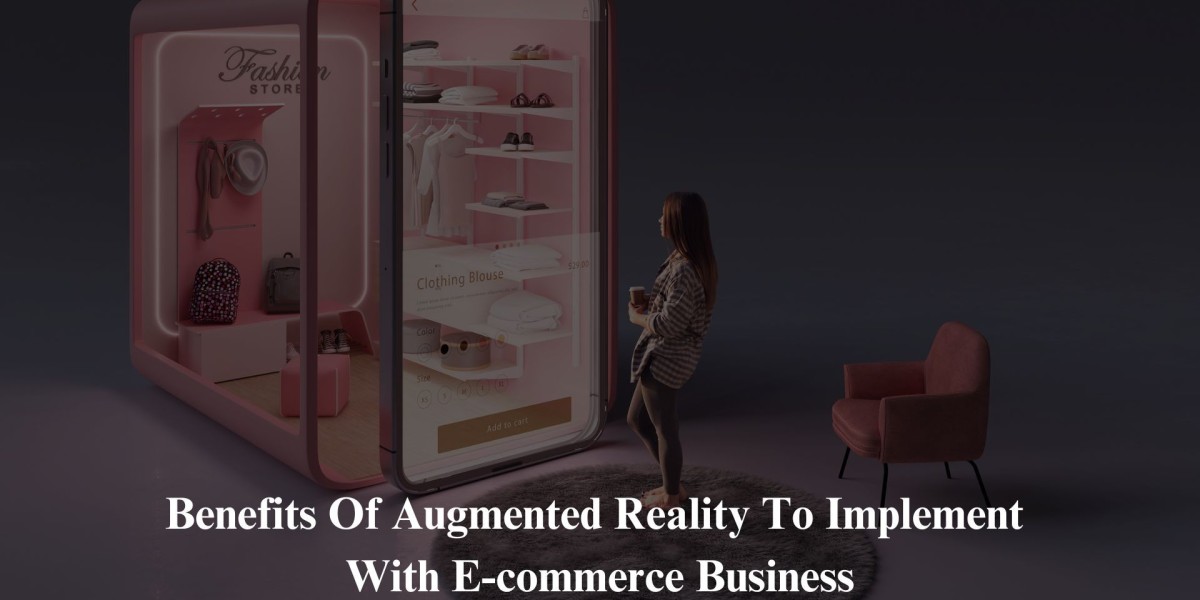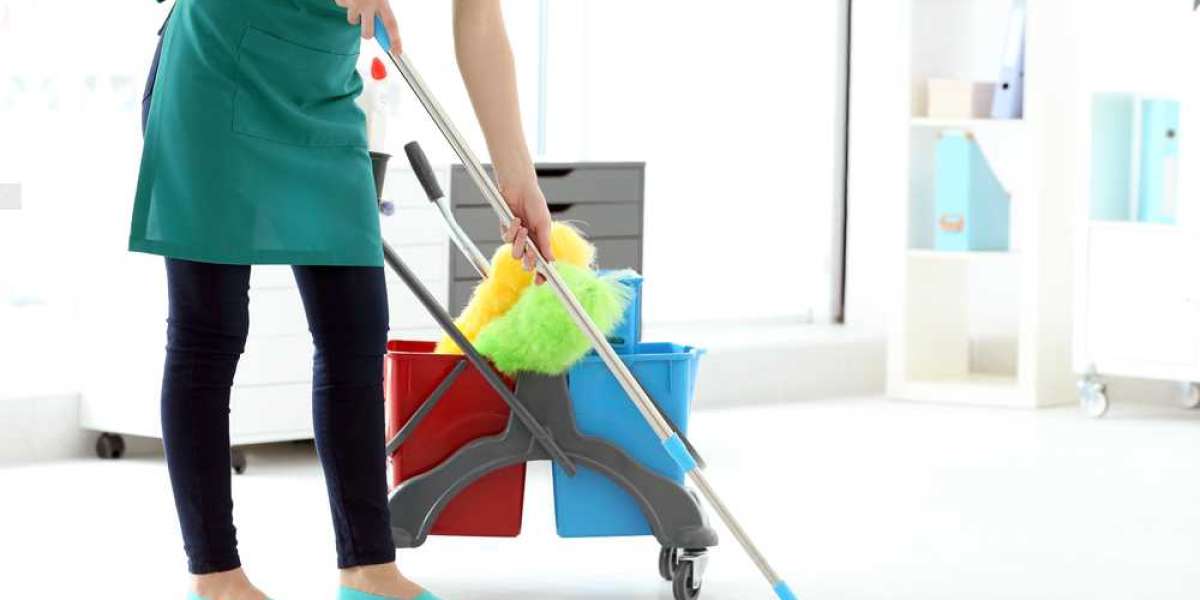In an era where businesses are increasingly focusing on sustainability, adopting environmentally-friendly practices has become a necessity. One area that often goes unnoticed but holds immense potential for eco-conscious initiatives is commercial and industrial roofing. Traditional roofing systems, prone to deterioration and energy inefficiency, contribute to significant environmental impacts. However, by implementing sustainable roofing practices like metal roof coating, businesses can not only reduce their carbon footprint but also enjoy long-term financial benefits. This blog explores the environmental advantages of metal coating, showcasing why it is a wise choice for businesses striving for sustainability.
Enhancing Energy Efficiency and Reducing Carbon Emissions
Metal roof coating provides a range of environmental benefits, starting with improved energy efficiency. By applying a reflective coating to metal roofs, businesses can significantly reduce their reliance on artificial cooling systems during hot summers. The reflective nature of the coating prevents the sun's heat from penetrating the building, reducing the need for excessive air conditioning. As a result, businesses can significantly reduce their energy consumption, leading to lower carbon emissions and decreased strain on the local power grid. This not only contributes to a greener environment but also offers businesses substantial cost savings on energy bills.
Extending Roof Lifespan and Reducing Waste
One of the main advantages of metal roof coating is its ability to extend the lifespan of the underlying roofing system. By providing an additional protective layer, the coating shields the metal roof from weathering, UV rays, and corrosion. This prolongs the roof's life, reducing the need for frequent replacements or repairs. As a result, businesses can prevent tons of roofing materials from ending up in landfills, minimizing waste generation and reducing the environmental impact associated with traditional roof replacements. By choosing a metal roof coating, businesses can contribute to a circular economy, emphasizing resource conservation and reducing their ecological footprint.
Decreasing Urban Heat Island Effect
Urban areas often suffer from the heat island effect, where densely populated regions experience higher temperatures due to the abundance of heat-absorbing surfaces like asphalt and concrete. Metal roof coatings can play a crucial role in mitigating this effect. The reflective properties of the coating help bounce back a significant amount of solar radiation, reducing the heat absorbed by the building and its surroundings. Consequently, businesses can contribute to creating a cooler and more comfortable urban environment, while also reducing energy demands for cooling systems in neighboring buildings. By combating the heat island effect, metal roof coatings offer businesses an opportunity to foster sustainable and livable cities.
Harvesting Rainwater and Promoting Water Conservation
Water scarcity is a global concern, and businesses have a responsibility to conserve this precious resource. Metal roof coatings can aid in water conservation efforts by facilitating rainwater harvesting. The smooth surface of the coating allows rainwater to flow more efficiently into gutters and downspouts, where it can be collected and utilized for various purposes like irrigation or cooling systems. By implementing rainwater harvesting systems, businesses can reduce their reliance on municipal water supplies, promoting sustainability and helping to alleviate pressure on local water resources. Metal roof coatings provide an opportunity for businesses to become active contributors to water conservation efforts.
Improving Indoor Comfort and Reducing HVAC Demand
Metal roof coatings not only contribute to energy efficiency but also enhance indoor comfort for building occupants. By reflecting a significant amount of solar heat, the coating helps maintain lower roof temperatures, which in turn reduces heat transfer into the building. This results in a cooler interior environment, reducing the reliance on HVAC systems for cooling. By decreasing the demand for artificial cooling, businesses can reduce energy consumption and associated greenhouse gas emissions. Moreover, a comfortable indoor environment also contributes to increased productivity and well-being of employees, making metal roof coating a win-win solution.
Enhancing Air Quality and Reducing Urban Pollution
Metal roof coatings offer more than just energy savings—they also have the potential to improve air quality and reduce urban pollution. Traditional roofing materials, such as asphalt shingles, can release volatile organic compounds (VOCs) into the air, contributing to smog formation and poor air quality. In contrast, metal roof coatings are low in VOC content, reducing the emission of harmful pollutants. By choosing metal roof coatings, businesses can actively contribute to cleaner air in urban areas, creating healthier environments for both employees and the community at large.
Resistance to Mold and Mildew Growth
Mold and mildew growth on roofs can lead to significant health risks and structural damage. Metal roof coatings provide an added layer of protection against moisture penetration, preventing the growth of mold and mildew. By inhibiting their development, businesses can maintain a healthier and safer workplace for employees while avoiding costly repairs or remediation due to moisture-related issues. Metal roof coatings not only offer a sustainable solution but also help businesses maintain the integrity of their infrastructure over time.
Recyclability and Sustainable Material Choice
Metal roof coatings align with the principles of sustainability and circularity due to the recyclability of metal roofing materials. At the end of their long lifespan, metal roofs can be recycled, reducing the demand for new raw materials and minimizing waste generation. The recycled metal can then be used to manufacture new products, closing the loop in the material life cycle. By opting for metal roof coatings, businesses actively participate in the promotion of sustainable material choices, supporting the circular economy and minimizing their environmental impact.
Meeting Sustainability Certifications and Building Standards
Sustainability certifications and building standards, such as LEED (Leadership in Energy and Environmental Design), have become crucial benchmarks for businesses striving for sustainable practices. Metal roof coatings can contribute significantly to achieving these certifications and complying with building standards. The energy efficiency, extended lifespan, reduced waste generation, and other environmental benefits provided by metal roof coatings align with the criteria set by various sustainability programs. By investing in metal roof coatings, businesses position themselves as leaders in sustainability and gain a competitive advantage in the market.
Conclusion
Incorporating sustainable practices into every aspect of business operations is essential for creating a more environmentally conscious future. Metal roof coatings offer a range of environmental benefits, from energy efficiency and extended roof lifespan to reduced waste generation and improved air quality. By adopting metal roof coatings, businesses can actively contribute to a greener and more sustainable world while enjoying long-term financial advantages. Embracing sustainable roofing practices is not just a responsible choice but also a strategic decision that aligns with the growing demand for eco-friendly solutions. By investing in metal roof coatings from metal roof company, businesses demonstrate their commitment to sustainability and pave the way for a brighter future for generations to come.








